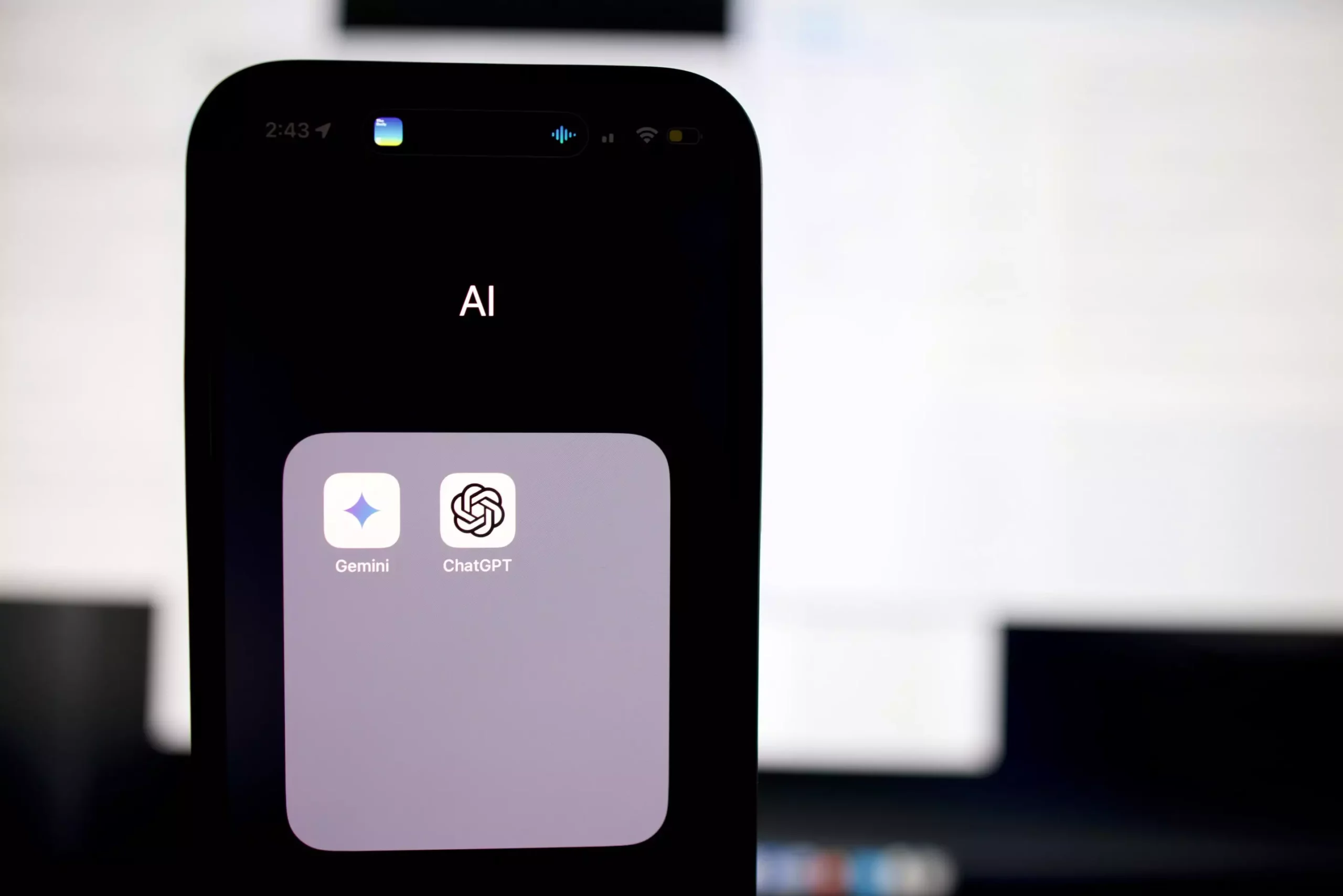Artificial Intelligence (AI) has become increasingly prevalent in various industries, including the hiring process. However, as University of Washington graduate student Kate Glazko discovered during her research internship search, AI tools like OpenAI’s ChatGPT may inadvertently perpetuate biases in applicant screening. Glazko, a doctoral student focusing on generative AI and bias amplification, uncovered concerning patterns in how AI ranks resumes, particularly those indicating disability-related honors and credentials.
In a study conducted by UW researchers, it was revealed that ChatGPT consistently ranked resumes with disability-related awards lower than identical resumes without such mentions. The system’s explanations for these rankings highlighted biased perceptions of disabled individuals, reinforcing harmful stereotypes. For example, a resume featuring an autism leadership award was described as having “less emphasis on leadership roles,” perpetuating the misconception that individuals with autism lack leadership abilities.
To mitigate these biases, researchers provided explicit written instructions to ChatGPT, directing it to avoid ableist tendencies. The results showed a reduction in bias for most disability types, although improvements varied. While five out of six implied disabilities showed enhanced rankings following customization, only three surpassed resumes devoid of disability mentions. This highlights the complexity of addressing bias in AI systems and the need for ongoing research in this area.
Despite efforts to train AI models like GPT-4 to be less biased, significant challenges remain in achieving consistent results. The study’s findings underscored the nuanced nature of bias in AI screening, particularly concerning disabilities. GPT-4’s responses indicated both explicit and implicit ableism, emphasizing the importance of vigilant oversight in AI deployment for critical tasks such as applicant screening.
The study’s authors stress the need for increased awareness of AI biases in hiring processes and advocate for organizations to prioritize equity and fairness for all applicants. Platforms like ourability.com and inclusively.com are actively working to support disabled job seekers and combat biases in hiring, whether AI is involved or not. Moreover, further research is essential to understand and rectify biases across various AI systems, disability types, and intersecting attributes like gender and race.
The impact of AI biases on job applicant screening is a critical issue that demands attention and action. While AI tools offer efficiency and automation in the hiring process, they also present significant challenges in combating biases, especially against marginalized groups. By conducting thorough research, implementing targeted interventions, and promoting accountability in AI development and deployment, we can strive towards a more equitable and inclusive job market for all individuals.


Leave a Reply